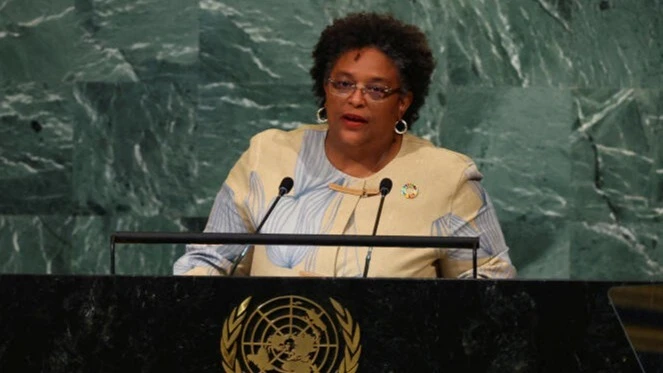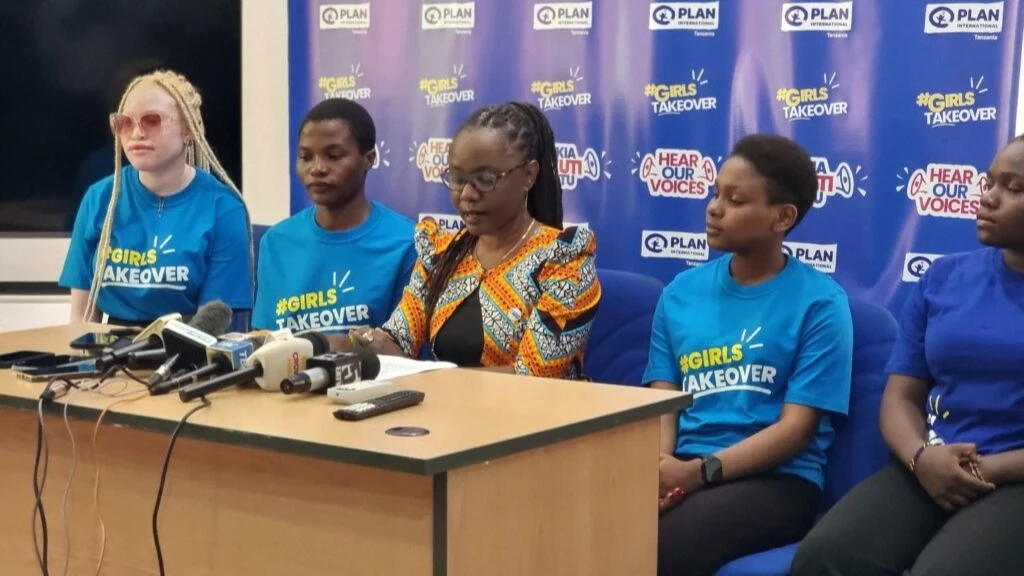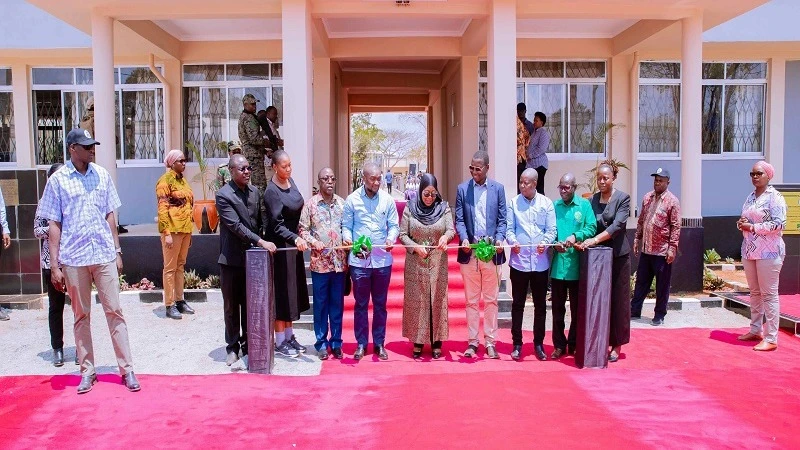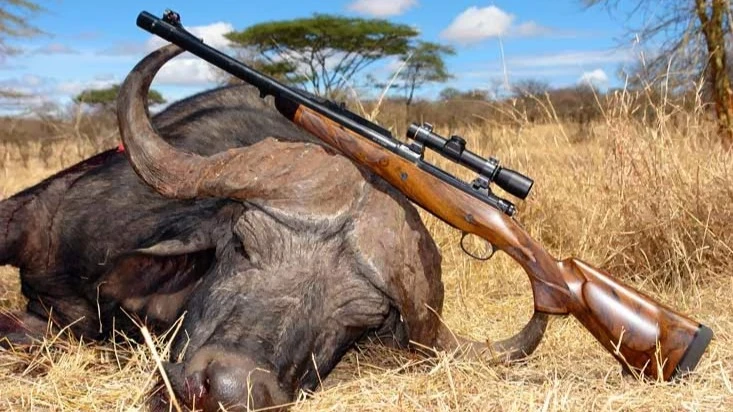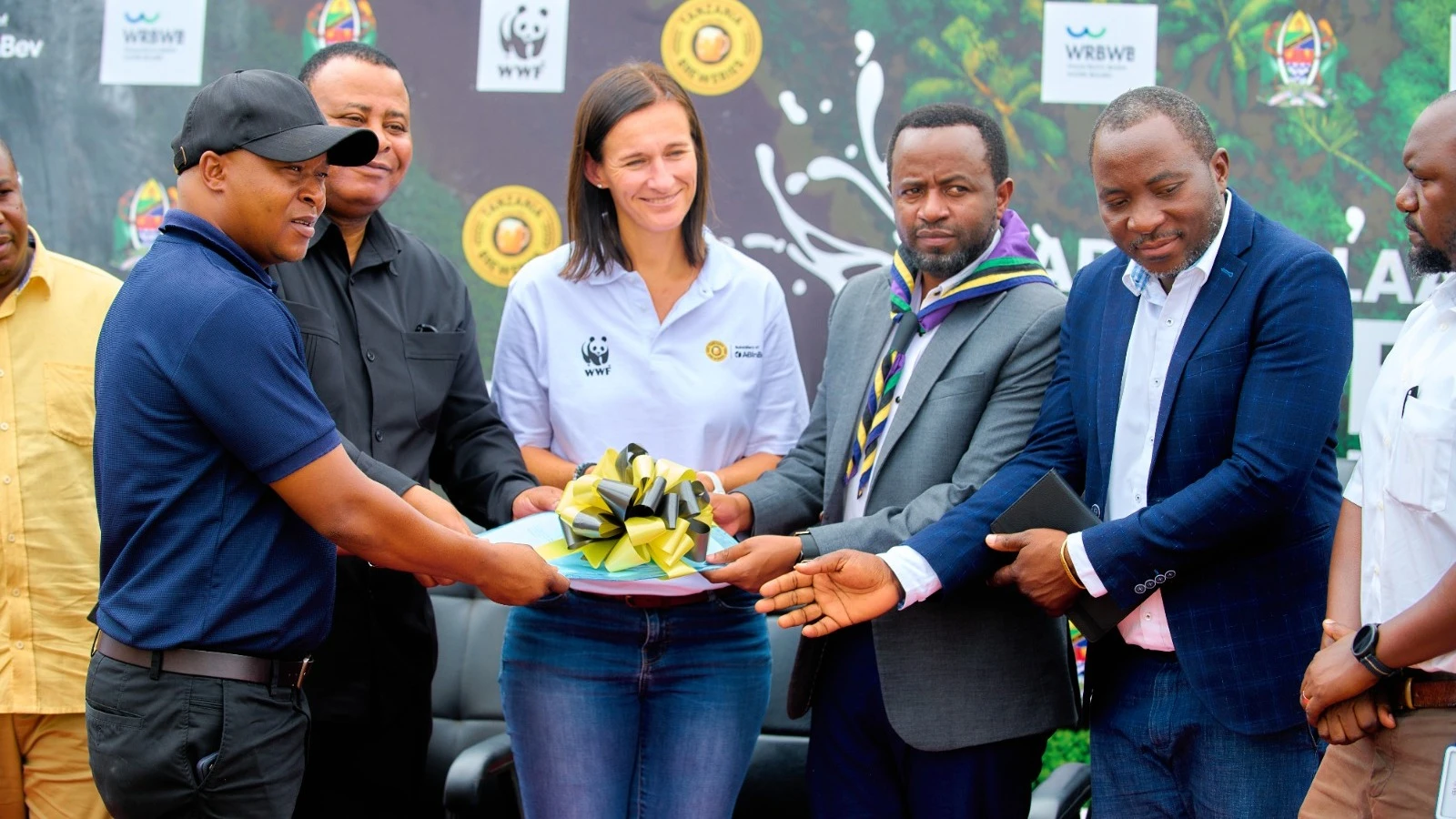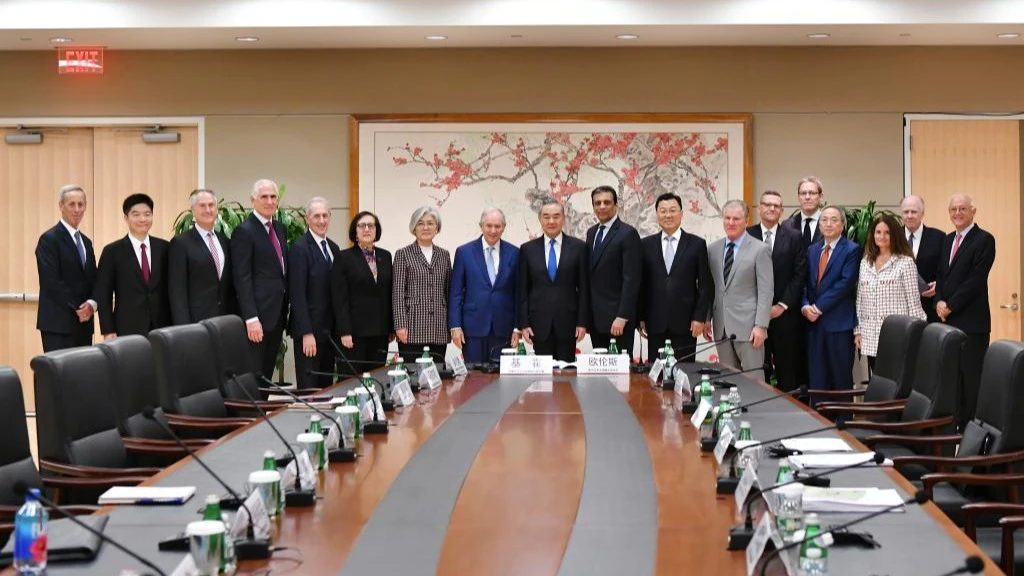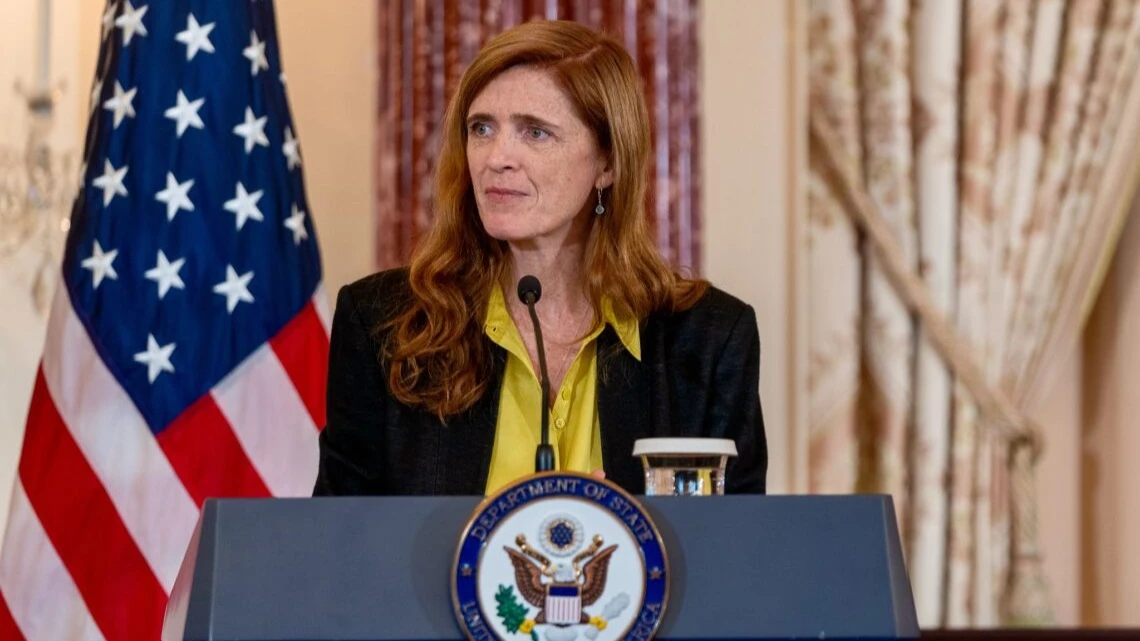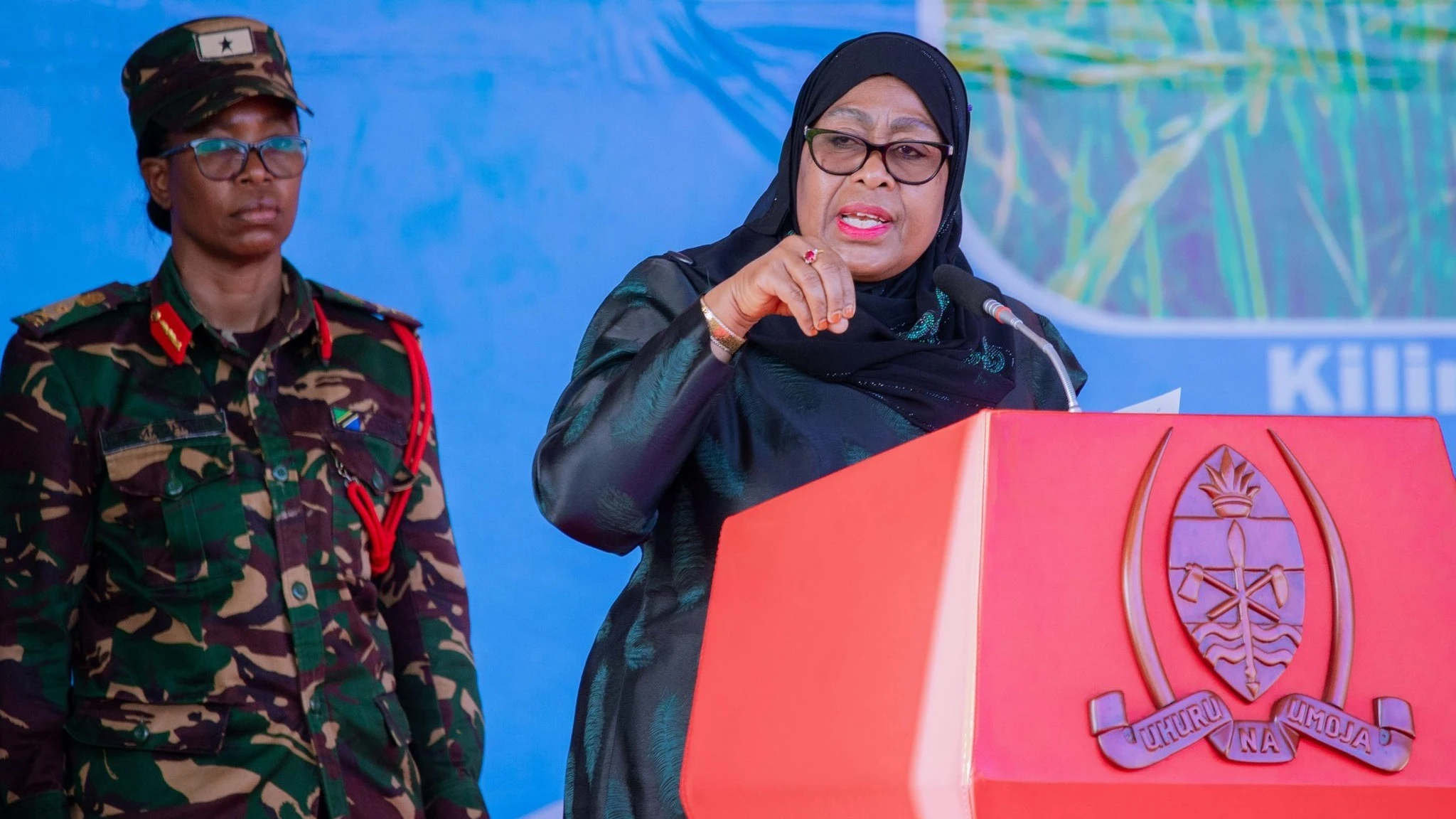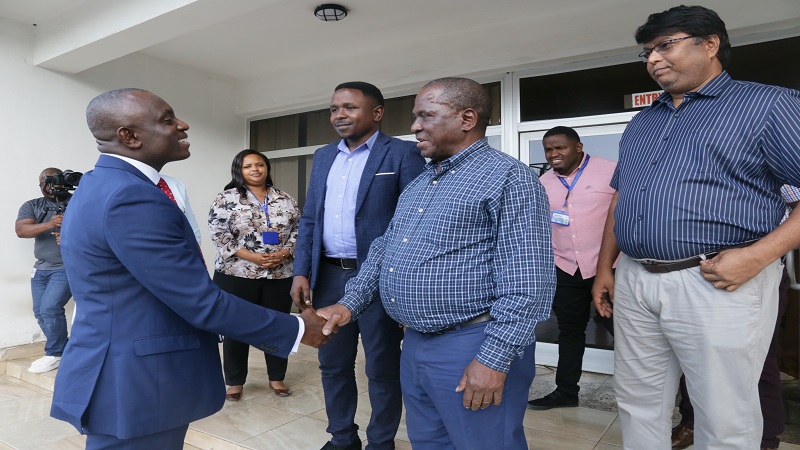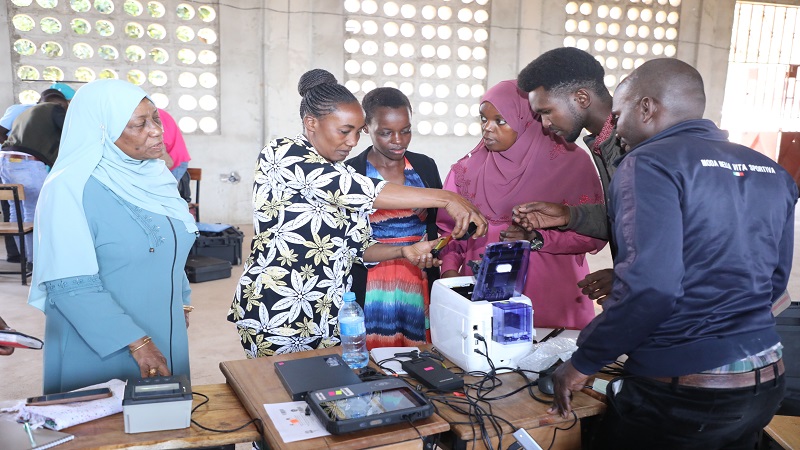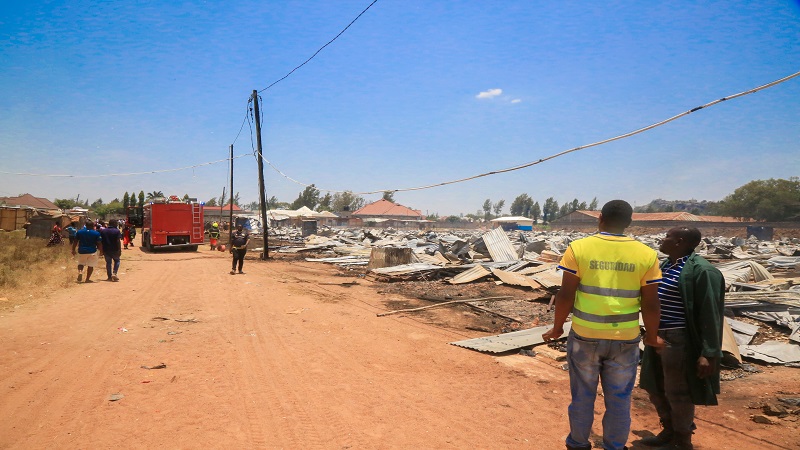Five villages in Longido get 372m/- from carbon trading
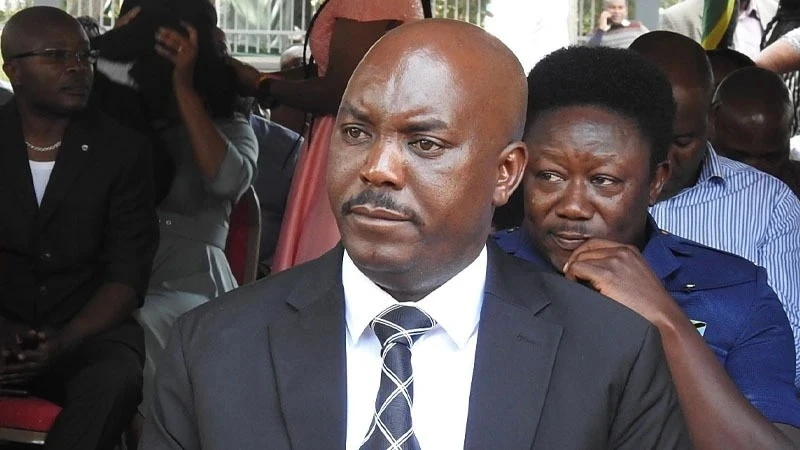
FIVE villages in Longido District, Arusha Region, have earned at total of 372m/- from carbon credits sold through the Soils for the Future Tanzania Limited.
Longido District Commissioner Marco Ng’umbi presented a cheque of 372, 326,135/- to the recipient communities, lauding Soils for the Future Tanzania for the initiative that led to rewarding the villages’ efforts in conservation.
“This will encourage local communities to come up with proper land-use plans, dedicating ample land for environmental conservation as well as rangelands for grazing,” he said.
The cheque was presented to Kimokuwa, Ngoswak, Sinonik, Loondolwo and Noondoto villages with the money set to fund the areas’ proper land use plans, environment protecting initiatives and other local programmes.
The money is for altering grazing practices and beginning implementation of a soil carbon credit.
“Today, the Soils for the Future Tanzania signs carbon project implementation and benefit sharing agreements with five villages in Longido District,” said the Carbon Project Coordinator, Richard Ndaskoi.
He said that the villages qualified for joining a soil carbon credit project after signing memorandum of understanding, agreements, developing and submitting proposals on how to spend the earned monies.
The communities also developed new ‘Rapid Rotational Grazing’ arrangements for livestock that are necessary to join the Longido and Monduli Rangelands Carbon Project (LMRCP).
The five villages signed formal agreements with the Soils for the Future to collaboratively implement the plans and launch a new soil carbon project in their respective rangelands.
The total size of rangelands the five villages have committed to the soil carbon credit project is 71,656.30 hectares, which is the total amount of communal grazing areas in all five villages.
It was said that each of the five recipient villages will be paid the equivalent of $2 per hectare for the grazing area they are committed to the project.
Top Headlines
© 2024 IPPMEDIA.COM. ALL RIGHTS RESERVED








